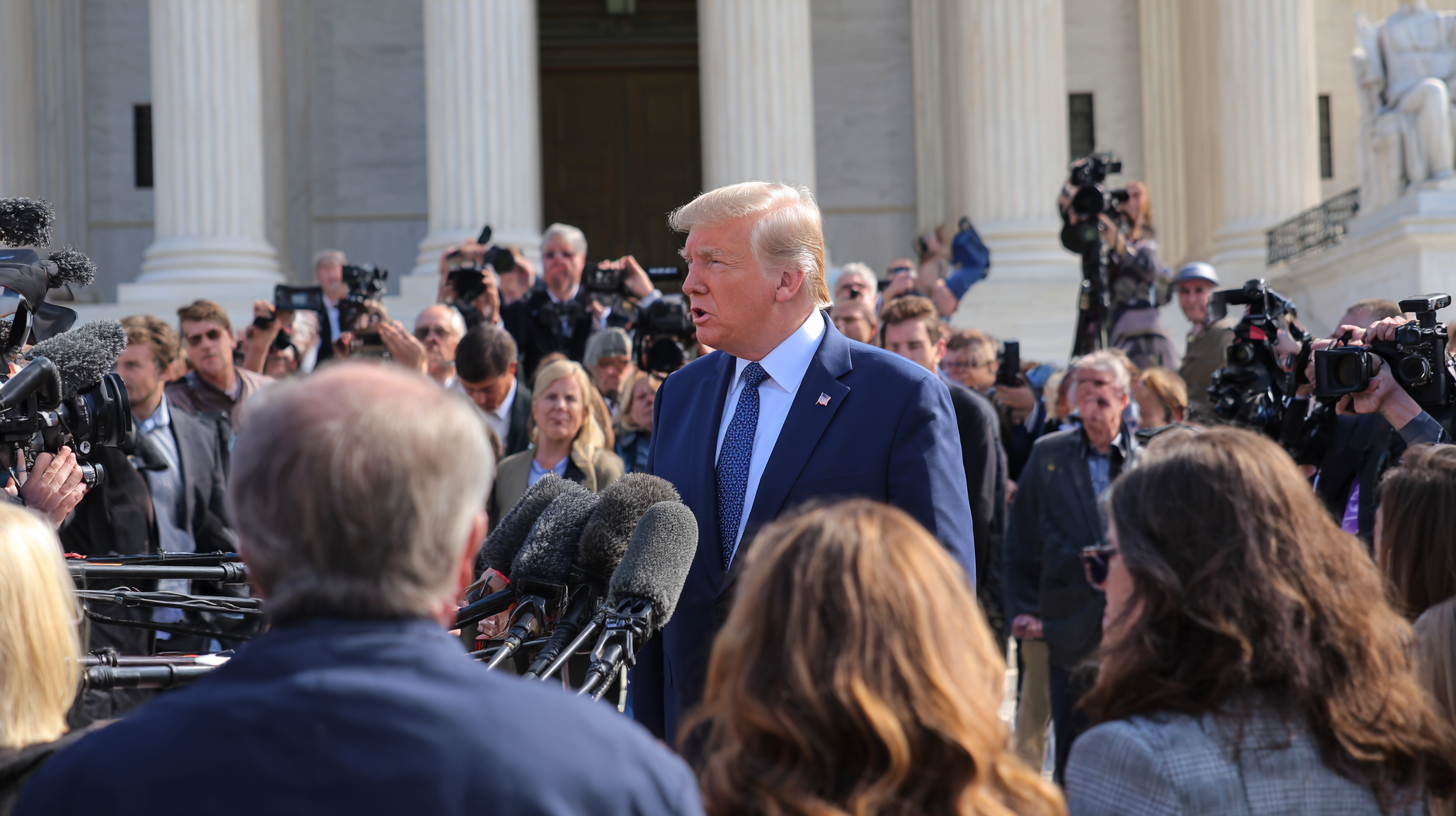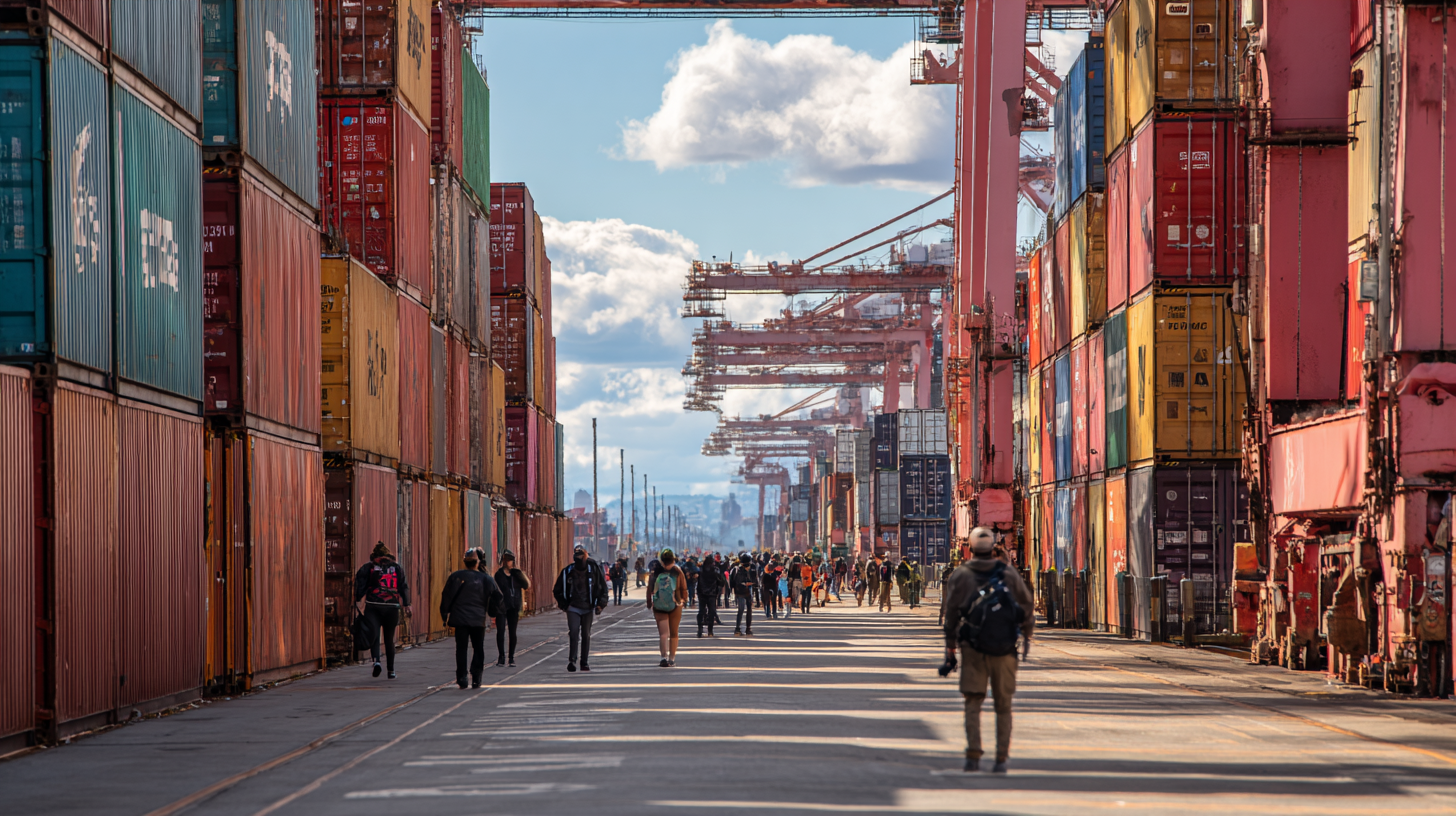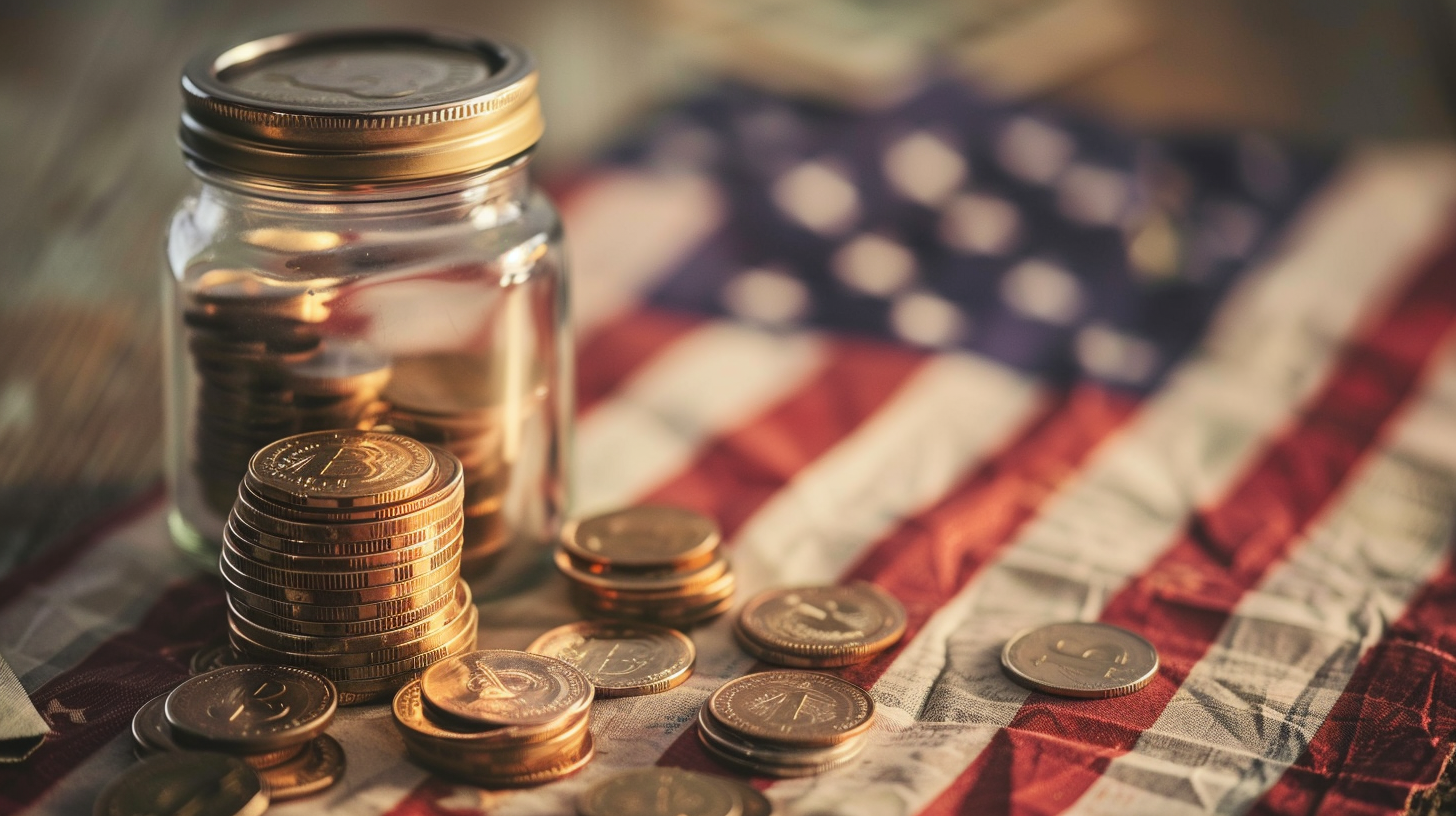The US trade landscape shifted abruptly Friday after the Supreme Court struck down the centerpiece of President Trump’s second-term tariff program, ruling 6–3 that the International Emergency Economic Powers Act (IEEPA) does not authorize the president to impose sweeping blanket tariffs. The decision immediately halts a massive portion of the tariffs announced last year on “Liberation Day,” dealing a significant blow to the administration’s trade strategy and sending stocks higher as investors recalibrated expectations for costs, inflation, and corporate margins.
“IEEPA does not authorize the President to impose tariffs,” Chief Justice John Roberts wrote in the majority opinion, rejecting the administration’s claim that the 1977 law granted broad authority to impose tariffs under a declared economic emergency. Roberts added that had Congress intended to grant such extraordinary tariff powers, it would have done so explicitly. The ruling upholds prior lower court decisions, including from the US Court of International Trade, that found the tariffs unlawful under that statute.
Markets responded swiftly. According to analysis from the Yale Budget Lab, the effective US tariff rate could now fall to 9.1%, down from 16.9% before the ruling. Investors interpreted the decision as reducing near-term cost pressures for companies that rely on imported goods and components. President Trump, however, quickly pushed back, calling the ruling “deeply disappointing” and criticizing members of the Court. Within hours, he announced plans to impose a 10% “global tariff” under Section 122 of the Trade Act of 1974, a provision that allows temporary tariffs of up to 15% for 150 days to address trade deficits. That authority has never previously been used to implement tariffs of this scale, and the administration signaled additional trade investigations under Section 301 may follow.
Notably, tariffs enacted under other legal authorities remain in place. Section 232 national security tariffs on steel, aluminum, semiconductors, and automobiles are unaffected, meaning a range of sector-specific import duties will continue. This layered approach underscores that while the Court invalidated one mechanism, trade tensions and tariff policy remain firmly in play.
An unresolved issue now looms over potential refunds. More than $100 billion — and possibly as much as $175 billion — in tariff revenue has been collected under IEEPA. The Court did not directly address refund eligibility, opening the door to further litigation and administrative action. Business groups, including the US Chamber of Commerce, are calling for swift refunds, arguing that repayment would meaningfully support small businesses and importers. Others caution that returning such sums could carry serious fiscal implications.
For small- and micro-cap investors, the ruling introduces both relief and renewed uncertainty. Smaller companies often operate with thinner margins and less pricing power than large multinational peers, making them particularly sensitive to import costs. A lower effective tariff rate could ease pressure on retailers, specialty manufacturers, and niche industrial firms that rely heavily on overseas inputs. At the same time, policy volatility remains elevated as the administration pivots to alternative tariff authorities, suggesting the trade environment may remain fluid.
The broader macro implications are equally significant. Reduced tariff pressure could temper inflation expectations, potentially influencing Federal Reserve policy — a key driver for small-cap performance given their sensitivity to financing conditions and domestic economic momentum.
Friday’s decision marks a major legal setback for the administration’s trade framework, but it does not signal an end to tariff-driven policy shifts. For small-cap investors, the near-term narrative may improve on cost relief, yet the longer-term trade outlook remains unsettled as Washington prepares its next move.











